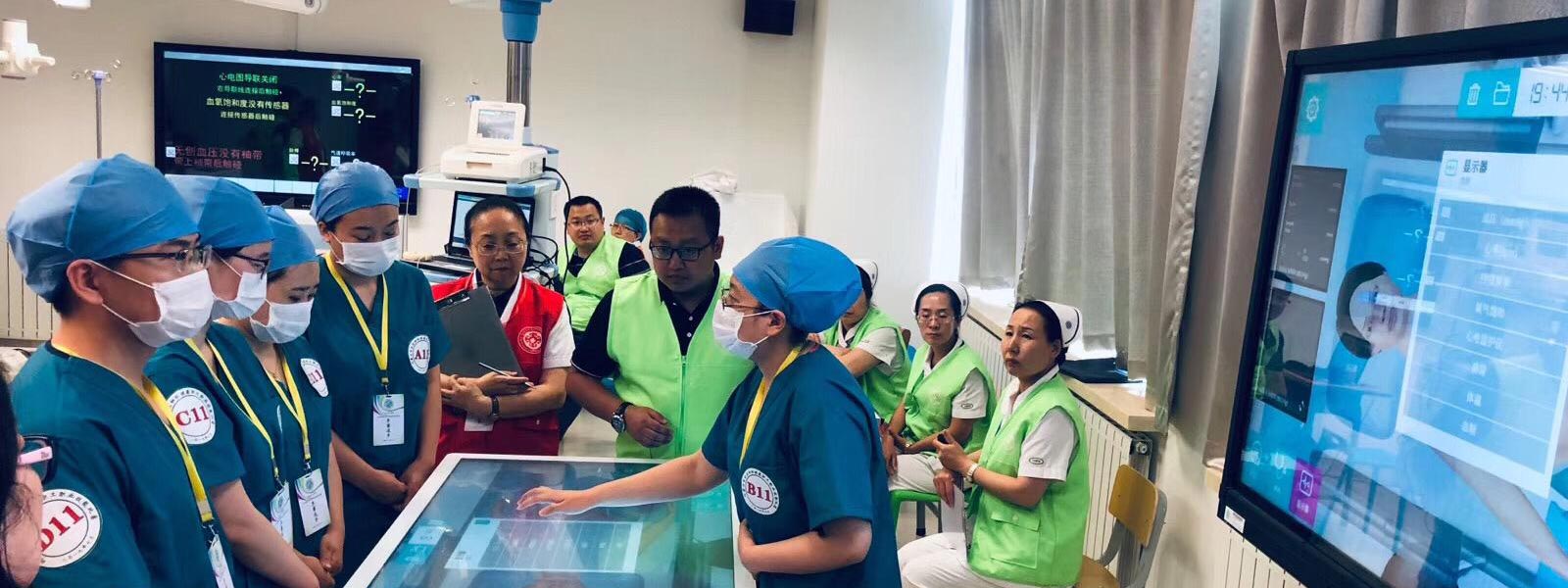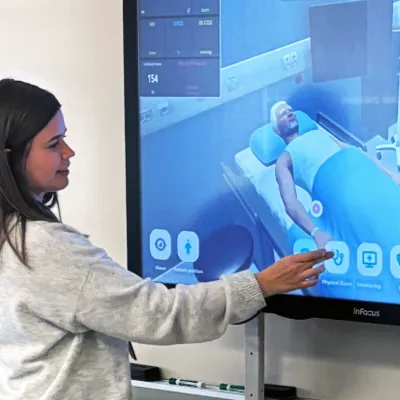Knowing that you can accomplish anything is not just a matter of confidence. It also depends on the positive experiences you lived as a student. Tina Garza, principal of Harlingen School of Health Professions, shares 10 tips that can help you improve your class environment.
1. “Give students the opportunity to try and see if they like the new topic or the learning experience”
More important than loving what you do is recognizing which activities make you feel positive. No matter what your passion, it is vital is to be the best you can be.
2. “You will do it. We are going to get it this time and I am going to help you!”
Believe in your students and let them know it. Sometimes they may not have anyone guiding them and for that reason, it is important to support them along the process.
3. “What are you working on?”
Ask your students questions about the topics discussed in class. If students can verbalize it, that means they understood the task at hand. Just like Einstein said “if you cannot explain it simply, you do not understand it well enough”.
4. “Know who your audience is and think about it”
It is very important to ensure that students understand and grasp the content. It is beyond a student’s memorization capability. It is how they perceived it that defines the uniqueness of each student and whether or not they apply the content.
5. “A lot of preparation!”
Focus on pre-assessing. Personalize your method of teaching by understanding the different “levels of knowledge” sitting in your class. Design different level activities and the learning process will be smoother.
6. Ask yourself: “What do I want to do?”
See yourself from a students’ perspective. Remember what you loved about your teachers and the examples you said you would never become if you were a teacher. Provide your students the experiences you would like to have had.
7. Get their hands-on initiated through personalization.
Let your students build and design their own products. It is important to work on their sense of ownership and pride. Encourage students to ask questions and to peer tutoring each other.
8. Empower students to make decisions!
Work on your students’ trust and confidence. Allow students’ results to reflect their hard work. Help them move forward by listening and paying attention to their needs and feelings.
9. “It is always about being a better you and take time to reflect on that!”
Prepare your students for real-world competition. As soon as you are able, start working on their soft skills. When you build their confidence, it will give you more time to focus on the content. Ethics, team work and communication are essential attributes to get students ready for the rigorous reality.
10. “When a door closes, another one opens somewhere else!”
It is very common among students to perceive failure as a defeat. Having a positive mindset and seeing failure is the pathway to success. It is crucial to work on students’ persistence and to get them ready for upcoming opportunities.








